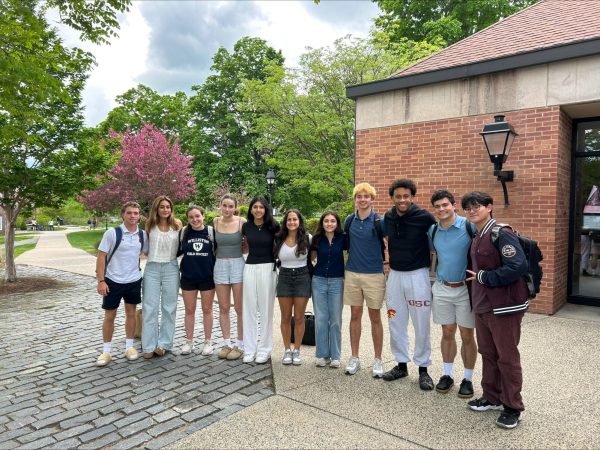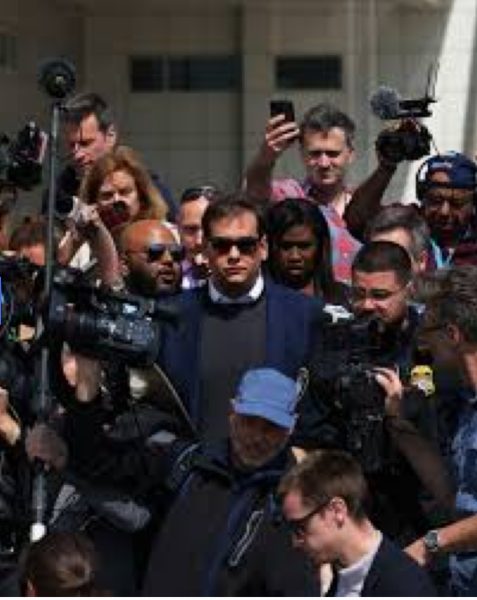Boko Haram Slaughters Students
Between forty and fifty college students at Yobe State College of Agriculture, in Nigeria’s rural Gujba district, were killed during the night of September 28. Their attackers are believed to be members of the Islamist radical group Boko Haram.
The Provost of the college, Molima Idi Mato, told the Associated Press at least 1,000 students had fled the campus.
The New York Times stated in a September 29th article that a 21 year-old student at the college, Musa Aliyu, reported that “the attackers had entered the college’s dormitories as students slept, and then opened fire randomly in the darkness.”
In addition, the gunmen set fire to many classrooms and school buildings.
Although the group has been known for targeting Christian institutions such as churches, most people killed in its attacks have been Muslim.
A civil servant using the name Ibrahim told The New York Times, “Nobody can explain what [Boko Haram] want[s]. All of the students that died today are Muslims. No single Christian was killed. This is not a religious war. These people that perpetrated this call themselves Muslims. But this is against the teachings of Islam.”
Boko Haram has perpetrated slaughter against civilians before.
On September 17, the group massacred at least 143 in the town of Beneshiek. In July, a government-run school in the town of Mamudo was attacked. The siege left at least 42 people, mostly students, dead.
These are only two of the latest of countless assaults against innocents for which Boko Haram is responsible.
The group aims to gain control of northeastern Nigeria and governmental forces have been waging an offensive against them since May 2013.
Nigerian President Goodluck Jonathan also issued a state of emergency for the region.
The government appeared to be gaining ground in northeastern cities and to have deterred more attacks in that area, but attacks were quickly renewed.
The group Boko Haram emerged in 2002. It is a Sunni organization affiliated with Al Qaeda.
According to the BBC, the group’s official Arabic title “Jama’atu Ahlis Sunna Lidda’awati wal-Jihad” translates to “”People Committed to the Propagation of the Prophet’s Teachings and Jihad.”
Opposed to all things Western, Boko Haram singles out government buildings, particularly schools, for attack.
The New York Times states that “one of [the group’s] tenets is that Western-style education, not based on the Koran, in conventional schools is sinful and un-Islamic.”
Boko Haram, a phrase from the Hausa language, translates roughly to “Western education is forbidden.”
The group is so anti-Western that all things pertaining to the Western political or social world, from items as simple as Western-style shirts to voting in elections, are forbidden to its members.
Its founder and then-leader, the reportedly charismatic Mohammed Yusuf, was killed in 2009 in police custody.
After the death of Mohammed Yusuf, whose memory still inspires loyalty within the group, Abubakar Shekau became the Boko Haram’s leader. Nigerian military claimed in August to have killed Shekau and his second-in command, Momodu Bamba, but this statement has not been confirmed.
Reliable information about the group is scarce, and reports of the deaths of high-level targets have been unfounded in the past.
The group is a shadow, and very difficult to trace. Some of its members live among civilians, blending into the population.
However, the group also appears to rely on tight, hierarchical control to function properly, and taking out its leadership could impact its ability to undertake future large-scale attacks.
Before Yusuf’s death in 2009, Boko Haram launched an ongoing operation to impose Sharia Law and create an Islamic state in Nigeria, Africa’s most populous nation.
The campaign began with a series of attacks against police stations in Maiduguri, the northeastern city where the group’s headquarters are located.
These attacks led to shoot-outs in the streets. Thousands of Maiduguri’s residents abandoned the city.
Over the past four years, the region has at times experienced attacks virtually every day. Al Jazeera reports an estimated 3,600 people have been killed in incidents relating to Boko Haram.
Prior to 2009, the group had not been actively militant.
Violence has further intensified since 2010 and thousands of refugees have left Nigeria for the neighboring nations of Cameroon and Niger.
Nigerians can only hope that their government will prevail against Boko Haram and prevent future recurrences of the terror it caused at Yobe State College of Agriculture.







